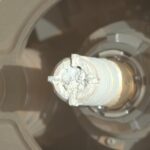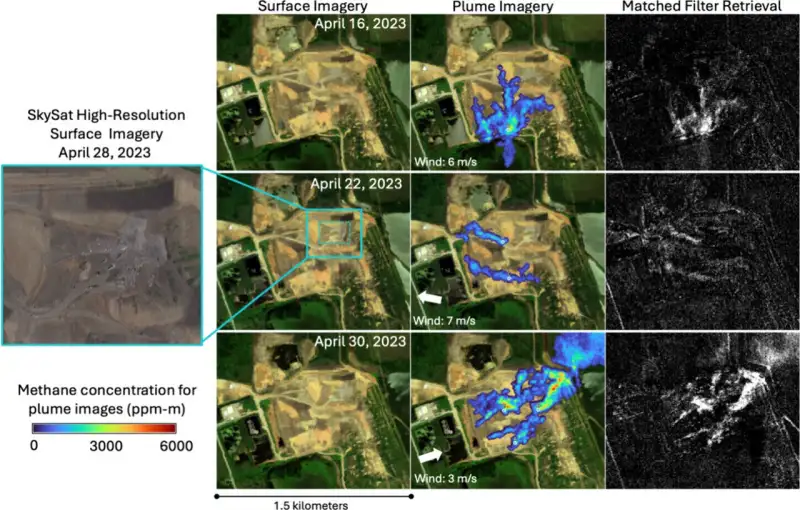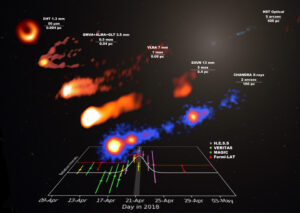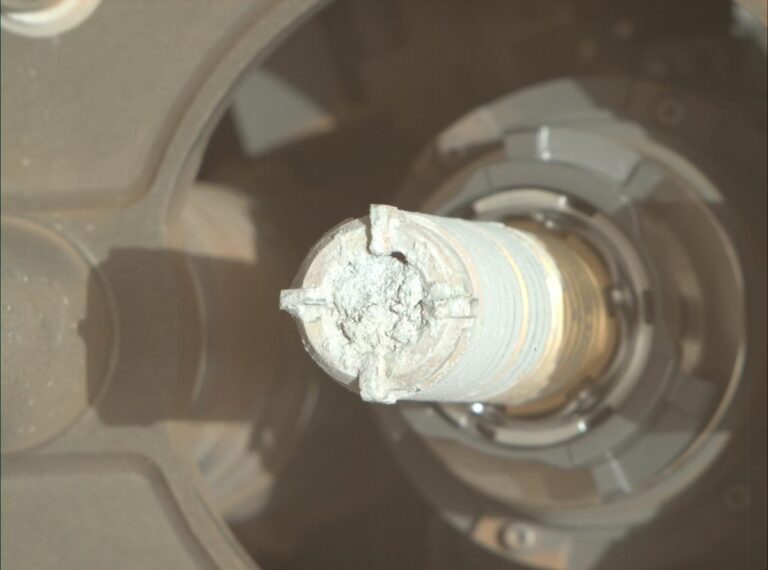LandfillsA recent study published in Environmental Science and Technology reveals that landfill work faces—areas where fresh waste is dumped—are the primary source of methane emissions in U.S. landfills. This groundbreaking research was conducted by a team from Carbon Mapper, a California-based nonprofit dedicated to reducing greenhouse gas emissions, in collaboration with Arizona State University and the U.S. Environmental Protection Agency (EPA).
Understanding Methane’s ImpactWhile carbon dioxide remains the leading contributor to climate change due to its sheer volume, methane poses a significant threat as well. Methane is far more effective at trapping heat in the atmosphere compared to carbon dioxide, though it has historically received less attention because its overall emissions are lower.
However, as more methane sources are identified, environmentalists are increasingly alarmed by its impact.The Study: Tracking Methane from the AirThe research team focused on methane emissions from landfills, which are a major source of the gas due to the decomposition of organic waste, particularly food scraps. To gather data, the team conducted aerial surveys over 217 landfills in 17 states, flying at low altitudes and using advanced air-quality measurement tools.
They found detectable methane emissions from approximately half of the landfills surveyed.Key FindingsWork Faces as a Major Emission SourceThe study uncovered that the majority of methane emissions originate from landfill work faces. These areas, where fresh waste is actively deposited, release significant amounts of methane, while other parts of the landfills showed minimal emissions.Limitations of Gas-Capturing TechnologyLandfills equipped with gas-capturing systems were still found to emit measurable amounts of methane.
This is primarily because such systems are commonly used in larger landfills, which tend to produce more methane overall. Despite these technologies, substantial quantities of methane escape into the atmosphere.Non-Emitting LandfillsSurprisingly, the researchers discovered that a considerable number of landfills did not emit any measurable methane.
This finding suggests that emission patterns can vary widely depending on landfill management practices and other factors.Implications for Climate ActionThe study highlights the urgent need to address methane emissions from landfills. Improving gas-capturing technologies, optimizing waste management practices, and targeting work faces specifically could significantly reduce methane output.
As methane’s role in climate change becomes clearer, such targeted interventions will be crucial for mitigating its impact.This research underscores the importance of innovative approaches, such as airborne monitoring, in identifying and addressing major sources of greenhouse gas emissions. By focusing efforts on landfill methane emissions, policymakers and environmental organizations can make meaningful progress in the fight against climate change.

















+ There are no comments
Add yours